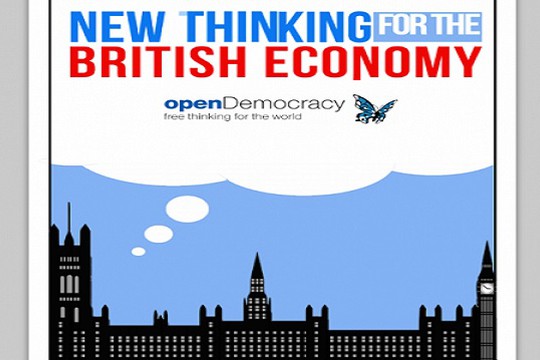In the American imagination, the U.K. is not only our political parent but also our cultural co-partner, a wealthy nation that gave us modern capitalism and the Industrial Revolution, writes US magazine ‘The Atlantic’. But strictly by the numbers, Britain is pretty poor for a rich place. U.K. living standards and wages have fallen significantly behind those of Western Europe. By some measures, in fact, real wages in the U.K. are lower than they were 15 years ago, and will likely be even lower.
This calamity was decades in the making. After World War II, Britain’s economy grew slower than those of much of continental Europe. By the 1970s, the Brits were having a national debate about why they were falling behind and how the former empire had become a relatively insular and sleepy economy. Under Prime Minister Margaret Thatcher in the 1980s, markets were deregulated, unions were smashed, and the financial sector emerged as a jewel of the British economy.
Thatcher’s injection of neoliberalism had many complicated knock-on effects, but from the 1990s into the 2000s, the British economy roared ahead, with London’s financial boom leading the way. Britain, which got rich as the world’s factory in the 19th century, had become the world’s banker by the 21st.
When the global financial crisis hit in 2008, it hit hard, smashing the engine of Britain’s economic ascent. Wary of rising deficits, the British government pursued a policy of austerity, fretting about debt rather than productivity or aggregate demand. The results were disastrous. Real wages fell for six straight years.
In the past 30 years, the British economy chose finance over industry, Britain’s government chose austerity over investment, and British voters chose a closed and poorer economy over an open and richer one. The predictable results are falling wages and stunningly low productivity growth.
The U.K., the first nation to industrialize, was also the first to deindustrialize.
Britain gave rise to the productivity revolution that changed the world, and now it has some of the worst productivity statistics of any major economy. What was once the world’s most powerful globalized empire has now voted to explicitly reduce global access to trade and talent. Since Brexit, immigration, exports, and foreign investment have all declined, likely reducing the size of the U.K.’s economy by several percentage points in the long run.
As the economic analyst Matt Klein puts it, “Take out Greater London — the prosperity of which depends to an uncomfortable degree on a willingness to provide services to oligarchs from the Middle East and the former Soviet Union — and the UK is one of the poorest countries in Western Europe.”
The U.K. is now an object lesson for other countries dealing with a dark triad of deindustrialization, degrowth, and denigration of foreigners.
Having offshored industry in favor of finance, its economy wasn’t resilient. The resulting erosion in living standards made the public desperate for something to blame. Blame-seeking conservatives spotted bogeymen abroad. Brexit cut off the economy from further growth and set the stage for a rolling political circus.
read more in our Telegram-channel https://t.me/The_International_Affairs

 13:09 26.02.2023 •
13:09 26.02.2023 •























